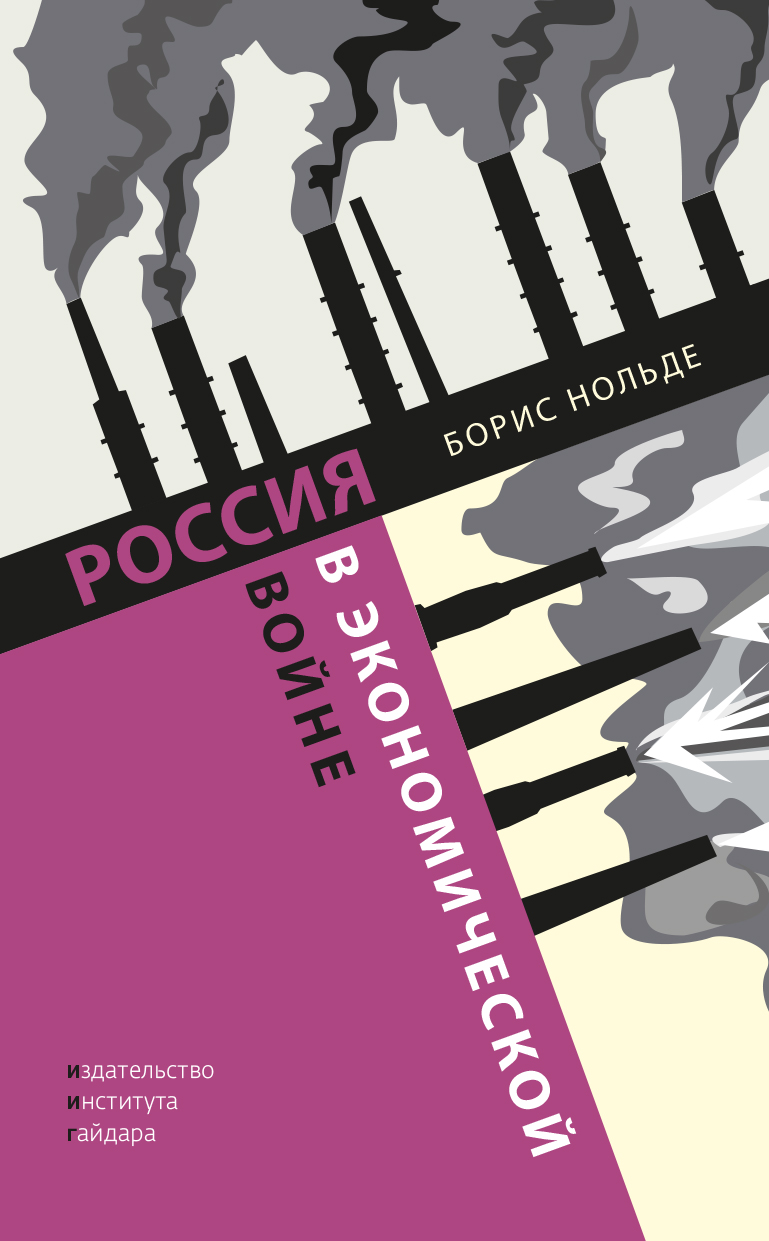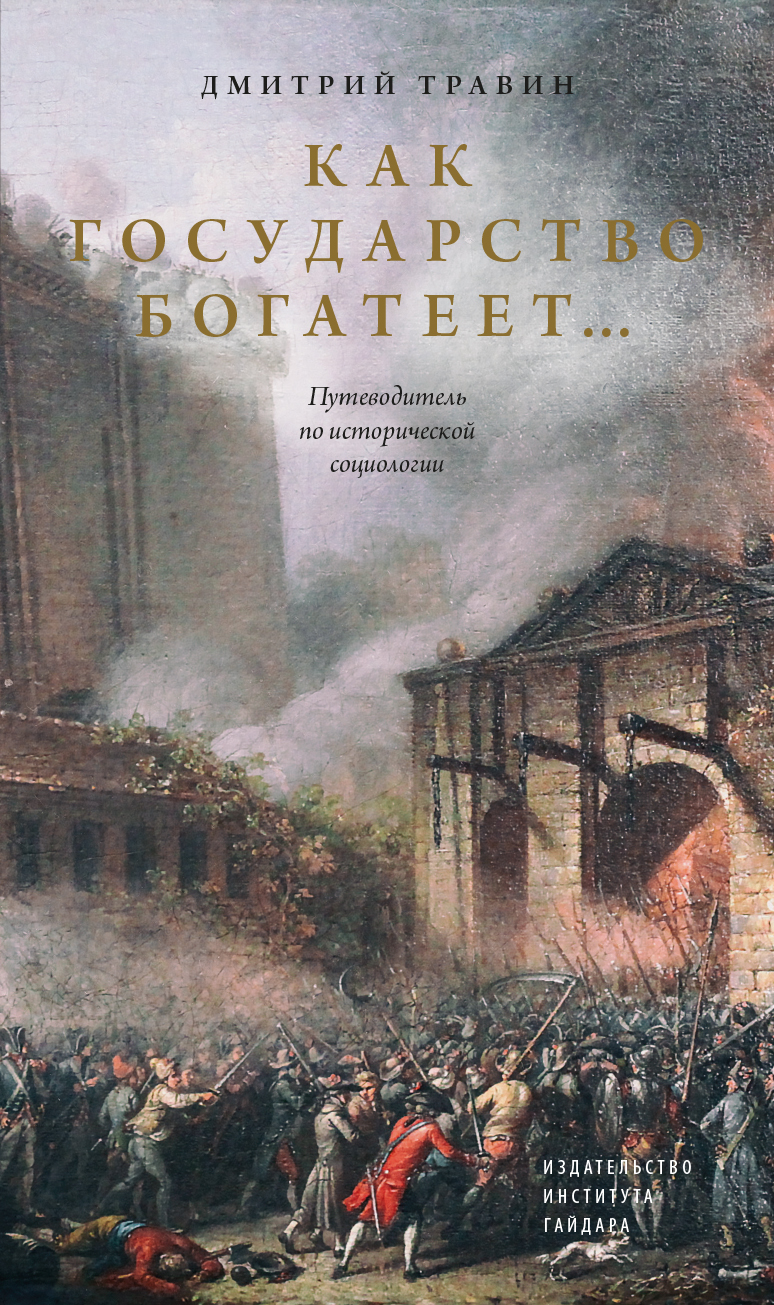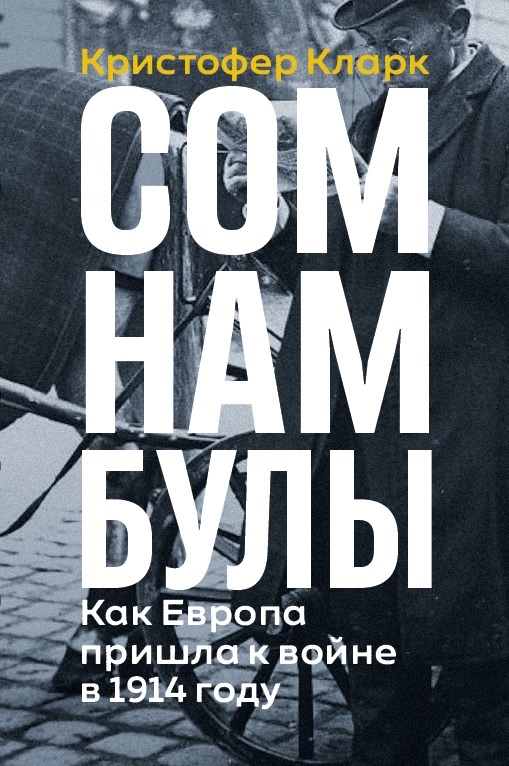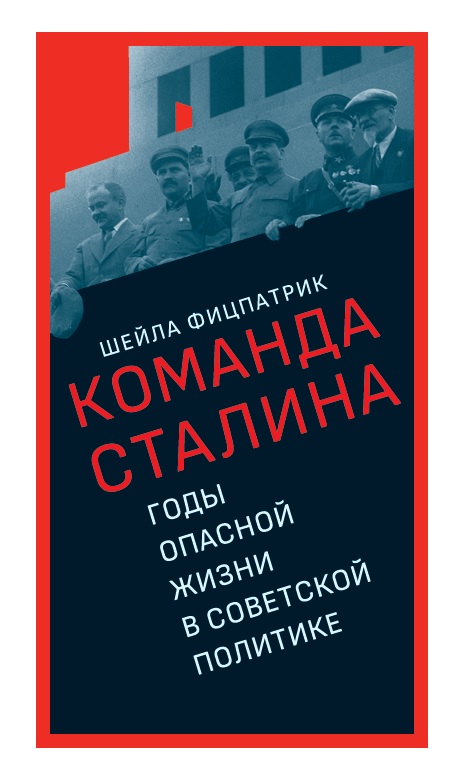Latest from Gaidar Institute Press: July 2024
In July 2024, Gaidar Institute Press released a new book, as well as second editions of several books published in 2020–2023.
Boris E. Nolde

Russia in Economic War, , first published in 1928, shows that Russia entered World War I without a clear idea of what economic warfare was all about, which inevitably intensified as the hostilities escalated. Russia's economic policy towards hostile countries and their subjects on Russian territory had no special legislative basis and was conducted based on expediency and consideration of the current situation. The economic war was fought under the slogan of liberation from the "German domination". It included measures prohibiting enemy subjects to engage in industrial and commercial activities on Russian territory, the elimination of title to land belonging to subjects of enemy countries, the creation of a financial blockade.
 Dmitry Travin
Dmitry Travin
How the State Gets Richer: a Guide to Historical Sociology. 2nd Edition
In this book, Dmitry Travin, scientific director of the Center for Modernization Studies at the European University in St. Petersburg, talks about the most important scientific theories explaining the reasons for the formation of modern society. On the pages of the guide to historical sociology, we are talking about why some countries are rich and others are poor, why in some cases development turns into a destructive revolution, and in others it does not, why democracy is replacing authoritarian political regimes, and many other issues of interest to broad circles of intellectuals in Russia today. The book will be useful to all readers who want to get an idea of complex scientific theories explaining the development of societies in a simple and accessible form.
 Christopher Clark
Christopher Clark
The Sleepwalkers: How Europe Went To War In 1914. 2nd Edition
Drawing on new scholarship, Clark offers a fresh look at World War I, focusing not on the battles and atrocities of the war itself, but on the complex events and relationships that led a group of well-meaning leaders into brutal conflict.
Clark traces the paths to war in a minute-by-minute, action-packed narrative that cuts between the key decision centers in Vienna, Berlin, St. Petersburg, Paris, London, and Belgrade, and examines the decades of history that informed the events of 1914 and details the mutual misunderstandings and unintended signals that drove the crisis forward in a few short weeks.
 Sheila Fitzpatrick
Sheila Fitzpatrick
On Stalin’s Team. The Years of Living Dangerously in Soviet Politics. 2nd Edition
Stalin was the unchallenged dictator of the Soviet Union for so long that most historians have dismissed the officials surrounding him as mere yes-men and political window dressing. On Stalin's Team overturns this view, revealing that behind Stalin was a group of loyal men who formed a remarkably effective team with him from the late 1920s until his death in 1953. Drawing on extensive original research, Sheila Fitzpatrick provides the first in-depth account of this inner circle and their families. She vividly describes how these dedicated comrades-in-arms not only worked closely with Stalin, but also constituted his social circle. Stalin's team included the wily security chief Beria; Andreev, who traveled to provincial purges while listening to Beethoven on a portable gramophone; and Khrushchev, who finally disbanded the team four years after Stalin's death. Taking readers from the cataclysms of the Great Purges and World War II to the paranoia of Stalin's final years, On Stalin's Team paints an entirely new picture of Stalin within his milieu – one that transforms our understanding of how the Soviet Union was ruled during much of its existence.
Tuesday, 30.07.2024